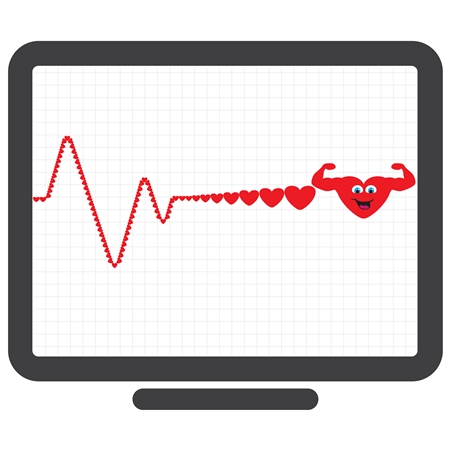Celebrating Heart Health for Women with a “Heart-felt” Gift

During the month of February, the Ladies Golf association, along with the Nine Hole Ladies Golf association, participated in a Heart Tournament with the purpose of gifting to the Medical Center in honor of February’s National Heart Month. The Medical Center is appreciative of this thoughtful donation and thanks all the ladies involved.
Heart disease is the leading cause of death for women, surpassing even breast cancer. Heart health is a critical aspect of overall well-being particularly for women, who may experience different symptoms and risk factors for heart disease compared to men. Understanding these nuances is vital for effective prevention and treatment.
Women share many common heart disease risk factors with men, such as high blood pressure, high cholesterol and smoking. However, there are additional factors that uniquely affect women such as:
- Hormonal Changes: The hormonal changes women experience throughout their lives can impact heart health. For example, after menopause the risk of heart disease increases due to changing estrogen levels.
- Pregnancy-Related Conditions: Conditions such as gestational diabetes and preeclampsia can increase the risk of developing heart disease later in life. It is important for women who have experienced these conditions to monitor their heart health closely.
- Autoimmune Diseases: Autoimmune diseases like lupus and rheumatoid arthritis, which are more prevalent in women, can also raise the risk of heart disease. Inflammation from these conditions can damage the heart and blood vessels.
Symptoms of Heart Disease in Women
Women may experience different symptoms of heart disease compared to men. While chest pain is a common symptom in both genders, women are more likely to experience other symptoms, such as:
- Shortness of breath
- Nausea or vomiting
- Back or jaw pain
- Extreme fatigue
- Dizziness or lightheadedness
These symptoms can often be subtle and may be mistaken for other conditions. It is crucial for women to recognize these signs and seek medical attention promptly.
Preventing heart disease involves adopting a heart-healthy lifestyle that includes a healthy diet rich in fruits, veggies, grains and lean proteins, reducing saturated fats and sodium, regular exercise, maintaining a healthy weight, smoking cessation and managing stress levels.
